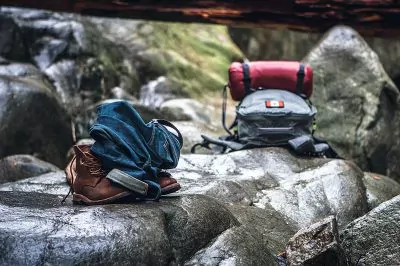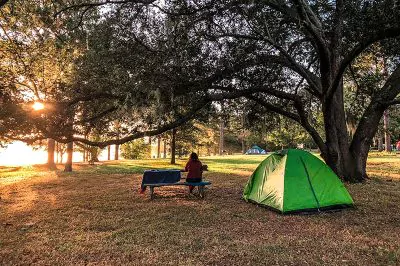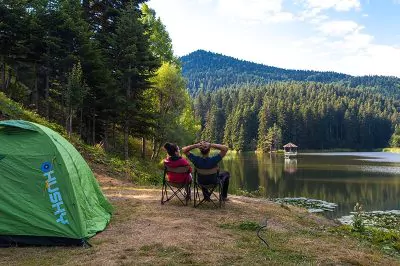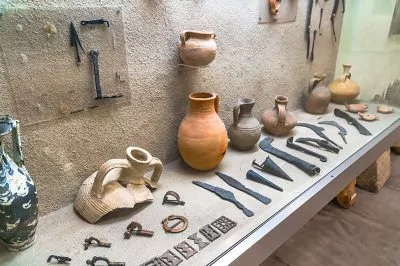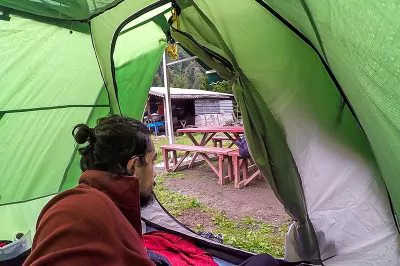7 Tips To Keep Road Trips Trouble-Free
Road trips are a great way to see the country, spend time with family and friends and create memories that will last a lifetime. But they can also be a recipe for disaster if you’re not prepared. From a flat tire to getting lost, there are many things that can go wrong on a road trip. But don’t let that deter you!
With a little planning, you can avoid these problems and have a great time. In this blog post, we’ll share some road trip tips to help you have a smooth trip. From preparing a roadside emergency kit to planning your route, we’ve got it all covered.
Planning your route
When planning your route on a road trip, there are several things to consider. The first is the length of the journey. How many days do you have to complete the journey? This will help you determine how far you can realistically travel each day.
Next, take a look at the map and decide on your starting point and destination. Next, draw some possible routes. Consider scenic routes as well as highways that will get you to your destination faster.
Once you have decided on a general route, it is time to start planning your stops. Look for cities or towns along the way that have attractions or activities that interest you. Plan to stop for lunch and rest breaks every few hours. And of course, don’t forget to factor in overnight stays in hotels or campsites.
Packing stages for the trip
Start by making a list of everything you will need for the trip. This includes clothes, toiletries, electronics, maps and anything else you can think of. Add sub-items to the items on your list. For example, if you are buying a laptop, think about details such as a charging cable, case, card reader, etc. Imagine using a laptop and think about what you might need. Think about the weather temperature and buy clothes. Determine your needs by trying to look at things from a general perspective.
- Once you have your list, start packing your car. Make sure you pack efficiently and carefully so that everything fits and there is room to move.
- If you are traveling with others, delegate tasks so that everyone has a role in packing and unpacking the car. This will make things go more smoothly and help avoid arguments on the road.
- Make sure you have all the necessary documents with you, such as your driver’s license, registration and insurance information.
Dealing with car problems
If you are planning to go on a road trip, it is important to be prepared for anything that may arise. This includes knowing how to deal with car problems.
If your car breaks down, the first thing you should do is assess the situation and see if there is anything you can do to fix the problem. If you cannot solve the problem, the next step is to call for help. If you have a roadside assistance plan, this is the best way to get help. If not, you can always call a tow truck or ask someone for help.
One of the possible road problems is a flat tire. Make sure you have all the tools in your car to replace the flat tire with a spare.
Take care of yourself on the road
No matter how long or how far you are traveling, it is important to take care of yourself on the road. Here are a few tips to help you stay safe and healthy on your next journey:
- Get plenty of rest before your ride. If you are well rested, you will be less likely to get tired while driving.
- Drink plenty of water and stay hydrated. This will help keep your energy levels high and prevent headaches.
- Eat healthy snacks and meals. This will give you constant energy throughout the day and help you avoid junk food cravings.
- Take frequent breaks to stretch your legs and rest your eyes on the road.
- If you start to feel tired, stop at a rest stop and take a nap or walk around a bit. Do not try to suppress your fatigue, as this can be very dangerous.
Gasoline and food balance
Assuming you drive, you will need to take into account the cost of gasoline. Depending on the length of your trip and the efficiency of your vehicle, this cost can add up quickly. Make sure you plan ahead and budget for gas costs.
You will also need to factor in food costs. If you plan to eat out for every meal, this will cost more than if you pack your own food. Again, it is important to plan ahead and budget accordingly.
To do all this without any problems, carry some cash with you. Don’t rely too much on credit cards. In small places, we encountered many places where credit cards were not accepted, both in grocery stores and gas stations. This is why cash is important.
The best road songs
When it comes to road trip songs, there are a few things you should keep in mind. First, the song should be upbeat and positive to help keep you in a good mood while driving. Secondly, the lyrics should be easy to sing along to so you can sing it out loud without having to think too much about it. And finally, the song should have a catchy rhythm that will keep you moving throughout your journey.
Depending on where you are going, keep songs on your phone or flash drive to avoid being exposed to poor quality local channels in case of poor reception.
First aid kit
A good first aid kit is an essential part of any journey. Here are a few tips to help you put together a kit that will come in handy in small emergencies:
- Include essentials such as bandages, gauze, tape, scissors and antiseptic wipes.
- If you have any allergies or medical conditions, make sure you take the appropriate medication.
- Don’t forget to take a first aid manual or download one to your phone or tablet.
- A small flashlight can be useful for emergencies at night.
- And finally, make sure you know how to use everything in your kit!
By following our travel tips, you can make your next trip as smooth and enjoyable as possible. From planning your route to packing the right snacks, a little preparation goes a long way to making your trip a success. So what are you waiting for, grab your map and hit the road!





